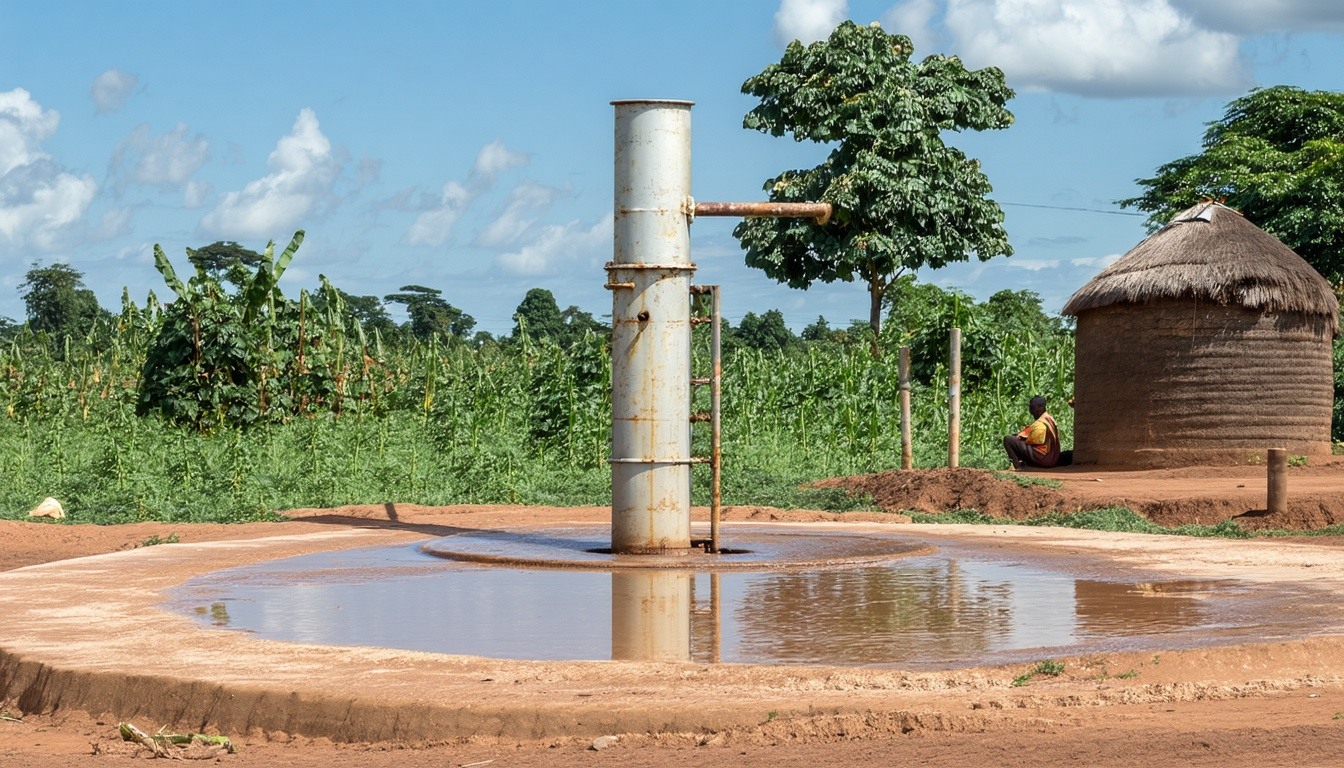
Frequently asked questions
What is the situation?
Rural communities in Uganda often depend on unsafe water sources like rivers and ponds, which are contaminated and contribute to the spread of waterborne diseases. Women and children, who typically spend several hours each day fetching water, face additional burdens that limit educational and economic opportunities.
What is Zamzami doing?
Zamzami addresses these challenges by installing boreholes, shadoofs, and water tanks to create a sustainable and safe water supply. This intervention not only improves health outcomes by reducing the incidence of waterborne diseases but also liberates women and children from the time-consuming chore of water collection—enabling them to pursue education and income-generating activities.

